Story A
Solving the grand challenges
The ecological footprint of meat wrecking the planet.
Sustainable protein is a grand challenge for humanity. Integriculture Inc. is developing a general-purpose large-scale cell culture technology to supply sustainable and affordable protein for all households. This page briefly explains what is at stake from social and environmental point of view.
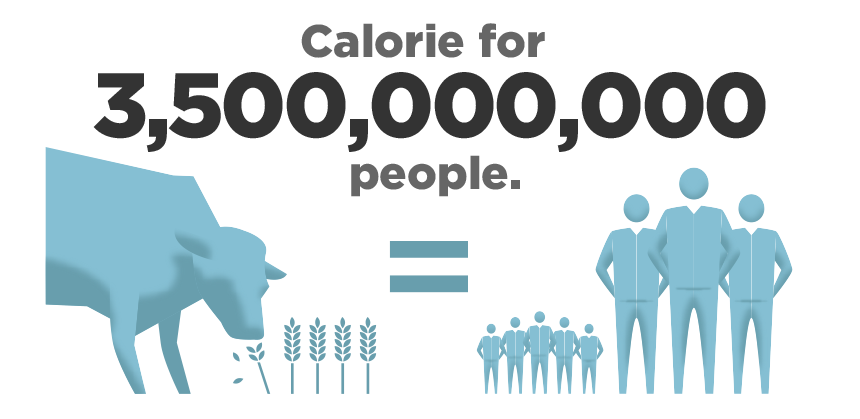
Food for 3.5 billion people is consumed as animal feed.
Currently, 36% (by calories) of the global crop yield is consumed as animal feed. In addition, nearly 70% of the global arable land is used for animal agriculture one way or another. Production of 1kg of beef consumes 24 kg of feed crops and tens of thousands of liters of water. The impact on the global environment is huge, especially on the amount of natural resources required.
Source:Reducing food’s environmental impacts through producers and consumers” Poore, Nemecek, Science 2018
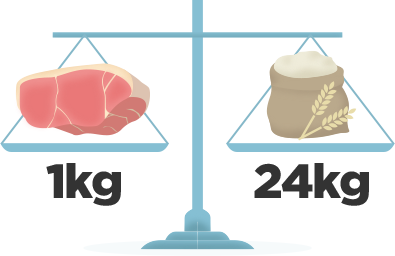
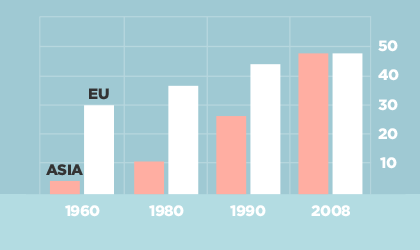
Rapidly growing meat consumption.
The consumption of meat on a global scale is increasing rapidly. The population growth is not the main driver, but increased wealth, especially in emerging countries. In the very near future like ten years, protein may become a weaponized competitive strategic resource, or maybe it already is!
Source:Global Trends in Meat Consumption
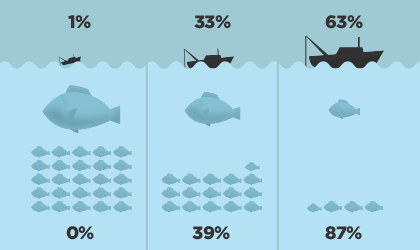
If not meat, then fish? Maybe not….
Fishing industries are also struggling worldwide. In 2008, 24.2% of fishing grounds had already depleted. In addition, 33.7% were said to be heavily depleted due to overfishing. In recent years, we have only barely succeeded in slowing down the trend through strict resource management policies, and increasing the catch is not an option.
Source:Global Ocean Commission
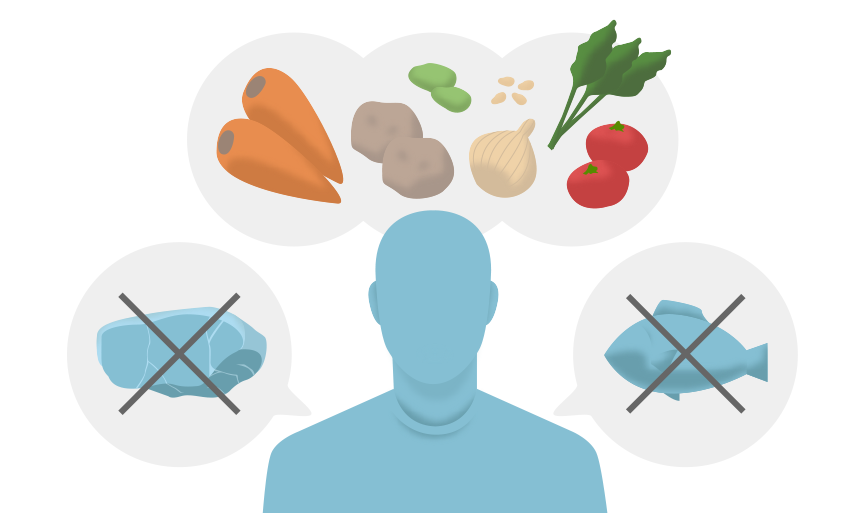
How about we stop eating meat?
If neither meat or fish, becoming a vegetarian might be an option. In fact, more and more are turning to meat-free diet. However, not everyone is happily willing to give up the culinary culture around meat and fish.
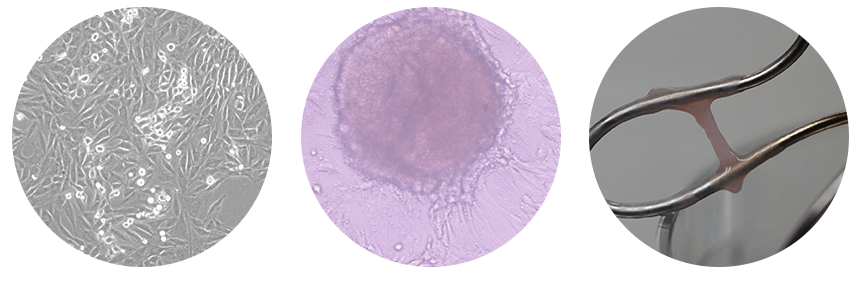
Then, let’s make meat by cell culture
Meat eats up the planet, fishing is hanging on a dangerous edge, but still we can not just abandon our culinary cultures…. So our solution is to create sustainable and tasty meat by cell culture. Cultivated meat boasts a calorie conversion efficiency of 35% compared to just 3% of conventional meat. This may cut down the ecological footprint of meat by 98% (2).
(Source 1:Energy and protein feed-to-food conversion efficiencies in the US and potential food security gains from dietary changes)(Source 2:Environmental Impacts of Cultured Meat Production)
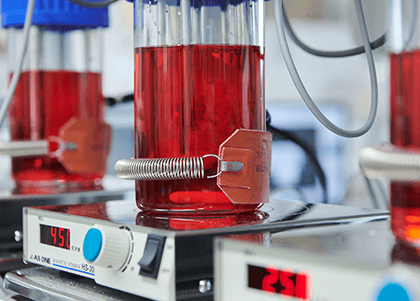
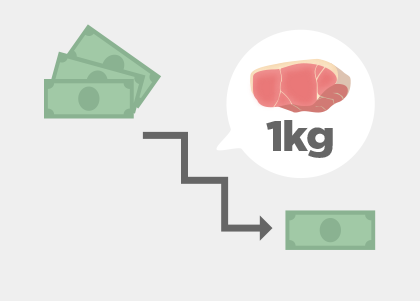
Economics of cell-based meat
There are various estimates that prove the economical feasibility of cell-based meat. Integrculture Inc.’s “CulNet system” would be able to cultivate 1 kg of meat at ~$2 once scaled. We will establish a protein source that is both ecologically and economically sustainable. The process of solving humanity’s grand challenge is also a huge market opportunity.
(Source: An analysis of culture medium costs and production volumes for cell-based meat)
Other stories

Story B - Creating a culinary culture
Let’s (soon) design meat - it will be fun!
If “large-scale cell cultivation” becomes a reality in ordinary homes, what kind of culinary culture will we see? Let’s have a look at a possible recipe with cultivated meat to help imagine the future culinary culture.

Story C - Proposing a new life style
Not just a change in meat, but in the lifestyle of the future too.
“Mass cell cultivation technology” does not only just produce meat, but also introduces various changes to products that can bring about happier lifestyles. What is this? What kind of change is it? Let us look at a possible evolved lifestyle in the future.
